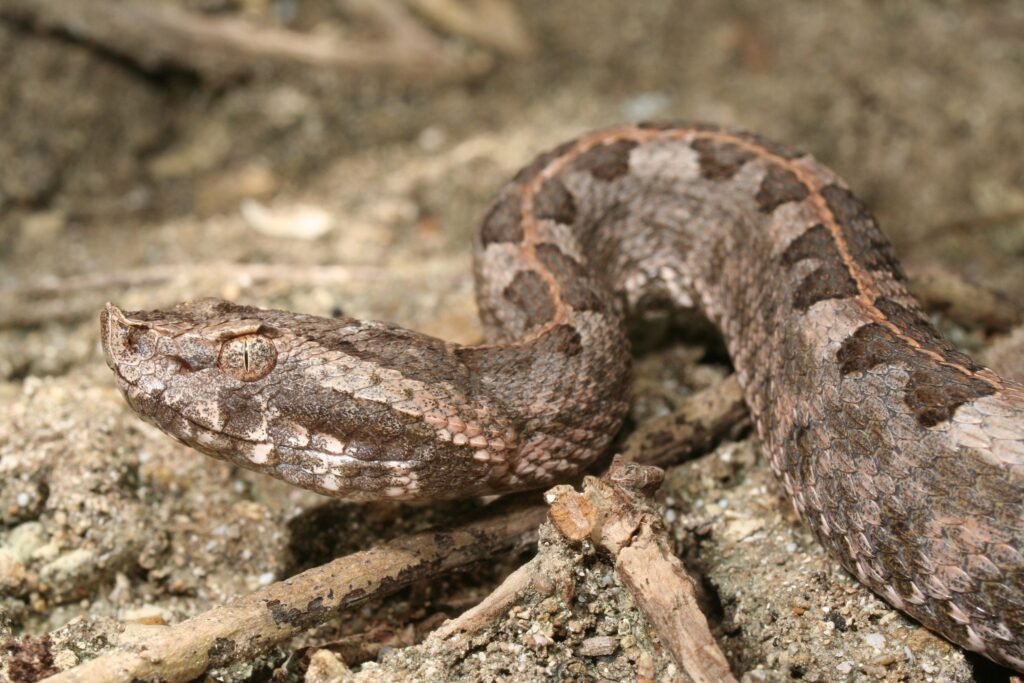WELCOME TO THE LAB WEBSITE!
Research at the Neotropical Toxins Lab focuses on studying the evolution and ecology of venomous and poisonous animals, including their toxins. Our goal is to uncover the patterns and processes underlying organismal and molecular diversification in these animals, especially within relatively understudied areas of the megadiverse Neotropical region (e.g., the Andes and the Galápagos islands) in the context of these topics.
Together with collaborators, we use toxic animals to answer questions focused on 1) identifying such patterns and processes in this biogeographic region, 2) understanding the evolutionary ecology of toxin-mediated interactions, and 3) exploring their enormous toxinological diversity. In this context, we collect and analyze genomic, proteomic, transcriptomic, and toxicological data that allow us to infer evolutionary histories of populations and species, help in the conservation of threatened species, as well as understand the causes and consequences of the structural and functional diversity of toxins present in these fascinating organisms.
The lab is part of the Ecuadorian-German Integrative Biodiversity Research Center at Pontificia Universidad Católica del Ecuador.

